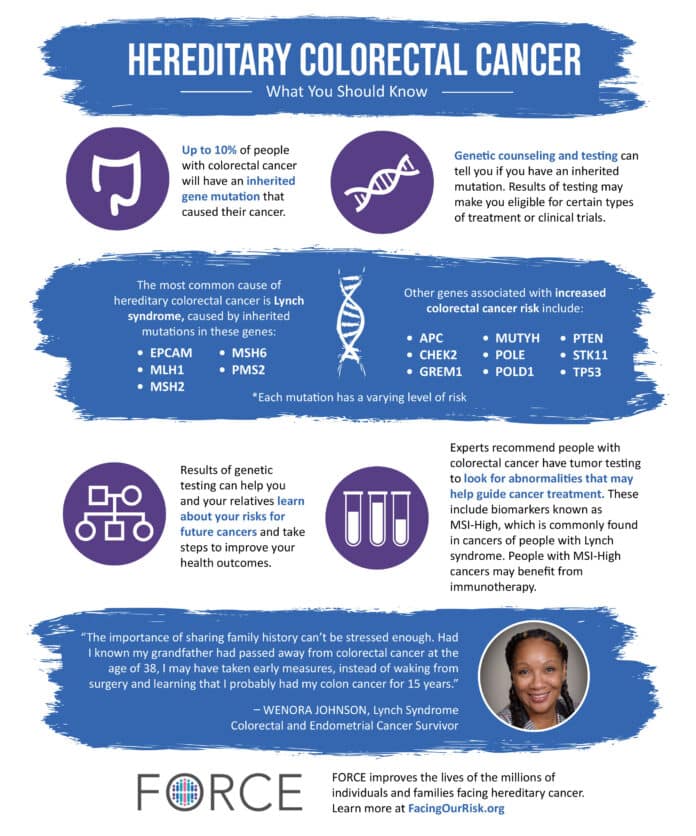
The Power of Genetic Testing: Detecting Colon Cancer Risk
Genetic testing has revolutionized medicine by providing insights into our individual risk factors for various diseases, including cancer. One such cancer that can be detected through genetic testing is colon cancer, a significant public health concern worldwide. By identifying specific genetic mutations associated with a higher risk of developing colon cancer, individuals can take proactive measures to prevent or detect the disease at an early stage, significantly improving their chances of successful treatment and survival.
Colon cancer, also known as colorectal cancer, is the third most common cancer worldwide and the second leading cause of cancer-related deaths. The disease primarily affects the colon and rectum, two parts of the large intestine, and it typically develops from polyps – abnormal growths of tissue. Most cases of colon cancer occur sporadically, without any apparent cause. However, about 5-10% of cases are caused by inherited genetic mutations that increase an individual’s susceptibility to developing the disease.
One of the most well-known hereditary colon cancer syndromes is called Lynch syndrome, or hereditary non-polyposis colorectal cancer (HNPCC). It is caused by mutations in several genes involved in DNA repair, particularly the MLH1, MSH2, MSH6, and PMS2 genes. Individuals with Lynch syndrome have a significantly increased lifetime risk of developing colon cancer, reaching up to 80%.
Another inherited genetic condition associated with an elevated risk of colon cancer is familial adenomatous polyposis (FAP). It is caused by mutations in the APC gene, resulting in the development of numerous polyps in the colon and rectum. Unless preventive measures, such as surgical removal of the colon, are taken, individuals with FAP have a 100% chance of developing colon cancer by their mid-40s.
Genetic testing plays a crucial role in identifying these and other genetic mutations associated with an increased risk of colon cancer. It involves analyzing a person’s DNA for specific alterations in genes known to be associated with the disease. This testing can be done through a simple blood sample or a buccal swab to collect cells from the inner cheek. The sample is then sent to a laboratory, where genetic experts use advanced techniques to analyze the DNA and identify any mutations.
The power of genetic testing lies in the information it provides individuals and their healthcare providers. By knowing their genetic predisposition for colon cancer, individuals can take proactive measures to prevent or detect the disease early. For example, individuals with Lynch syndrome may consider undergoing frequent colonoscopies starting at a younger age to ensure early detection and timely intervention. Additionally, they may also choose to undertake preventive measures, such as the removal of the colon, to significantly reduce their risk of developing colon cancer.
Furthermore, genetic testing can help guide treatment decisions for individuals diagnosed with colon cancer. Some genetic mutations in colon cancer, such as those in the KRAS gene, can affect response to specific treatments. Being aware of these mutations allows healthcare providers to tailor treatment plans, ensuring the most effective therapies are used right from the start.
It is important to note that genetic testing is not without limitations. While it can identify specific genetic mutations associated with an increased risk of colon cancer, it cannot definitively predict whether an individual will develop the disease. Other factors, such as lifestyle choices and environmental exposures, also play a role in the development of colon cancer.
Additionally, genetic testing may have emotional implications for individuals and their families. Discovering a higher risk of colon cancer can be distressing, and it may require additional psychological support to help individuals cope with the information and make informed decisions about their healthcare.
In conclusion, the power of genetic testing in detecting colon cancer risk cannot be understated. By identifying specific genetic mutations associated with an increased risk of developing the disease, individuals can take proactive steps to prevent or detect colon cancer early. Genetic testing provides valuable information for healthcare providers, guiding treatment decisions and improving the chances of successful outcomes. However, it is essential to consider the limitations and potential emotional implications of genetic testing, ensuring individuals receive the necessary support to make informed decisions about their health.

















